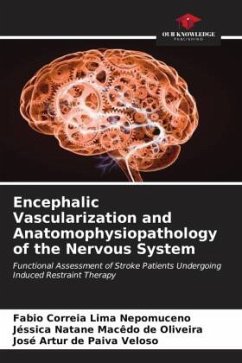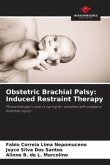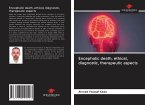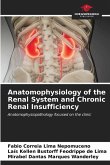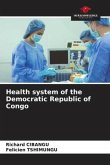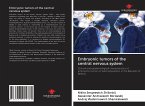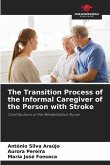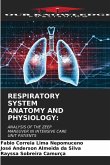The nervous system is highly dependent on blood circulation due to the high metabolic rate of nerve tissue, making it dependent on a constant blood supply. Elements such as oxygen and glucose are not stored by the nervous system, so an uninterrupted blood supply of these elements through arterial blood is essential. In stroke victims, recovering the functionality of the affected upper limb is one of the most complex factors during rehabilitation, often discouraging therapy. The use of Induced Restraint Therapy (ICT) is based on the concept of performing intensive and repetitive training associated with restraint of the healthy limb, in order to induce functional reorganization of the motor systems in stroke, guaranteeing gains in functionality. Therefore, it is necessary to continue researching the gains and benefits in functionality that ICBT can promote for individuals with stroke sequelae, in order to provide a greater increase in the individual's functional recovery process.
Bitte wählen Sie Ihr Anliegen aus.
Rechnungen
Retourenschein anfordern
Bestellstatus
Storno

